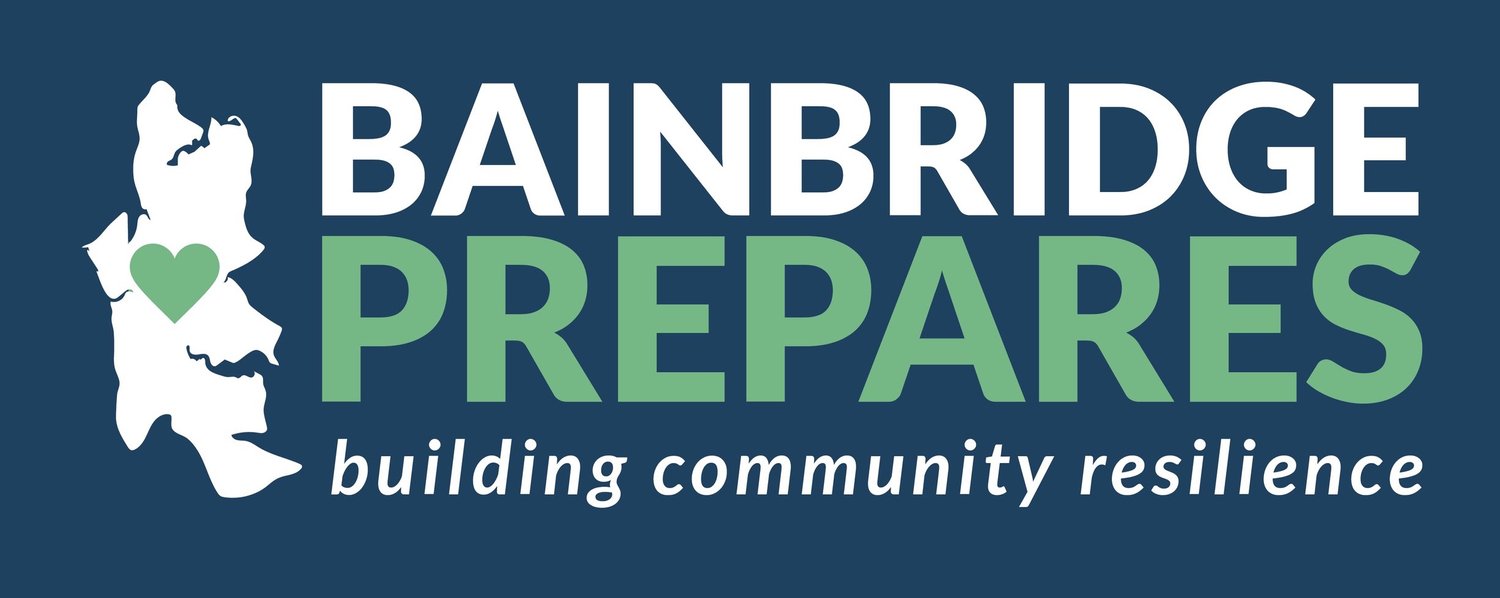Is Your Small Business Prepared for Emergencies?
 The October 2022 issue of the International Association of Emergency Managers (IAEM) Bulletin included a list of actions for small businesses to take to prepare for large-scale disasters. The article was written by Francisco Sanchez, Associate Administrator for the United States Small Business Administration (SBA) and Dolores Rowen, SBA Public Affairs Specialist.Sanchez and Rowen recommend that every small business do the following:
The October 2022 issue of the International Association of Emergency Managers (IAEM) Bulletin included a list of actions for small businesses to take to prepare for large-scale disasters. The article was written by Francisco Sanchez, Associate Administrator for the United States Small Business Administration (SBA) and Dolores Rowen, SBA Public Affairs Specialist.Sanchez and Rowen recommend that every small business do the following:
- Create an employee communications plan. Do you have a way to reach your off-island employees and tell them not to come to work in the event of an earthquake or even a significant snowfall? Do you have multiple ways to contact your employees at work following a disaster to make sure they're ok and to give them instructions?
- Subscribe to local emergency management alerts so that you can take necessary precautions and actions:
- KCDEM: Sign up here.
- Nixle: Text 98110 to 888777.
- Store important records and documents in the Cloud so you can access them from anywhere.
- Review your insurance coverage and, while you're at it, consider business interruption insurance. (Remember COVID and how it affected your business?)
- Inventory your property and assets, taking photos or video. Store the photos/video in the Cloud.
- Have a plan for business interruption. Consider and prepare in advance
- e-commerce solutions.
- takeout/delivery systems.
- alternative locations where you can resume operations asap.
- Evaluate supply chains in advance so you know how to act quickly in an emergency.
- Make sure your emergency plan includes an overview of facilities and operations. What needs to be shut off immediately? What needs to be secured? Consider different types of emergencies in your overview: wildfire, earthquake, flooding, high winds, shootings.
- Develop in advance contracts that go into effect when a disaster strikes.
- Test out your disaster plan. Run a drill once a year to make sure everyone is on the same page and knows what to do.
Here's one more item to add to the list:
- Create a customer communications plan. How will you reconnect with customers to let them know how to continue to access your products/services?
Read the whole article here (p. 35). The SBA offers more information at sba.gov or disasterloanassistance.sba.gov. After a disaster, call 800-659-2955 for more information.
